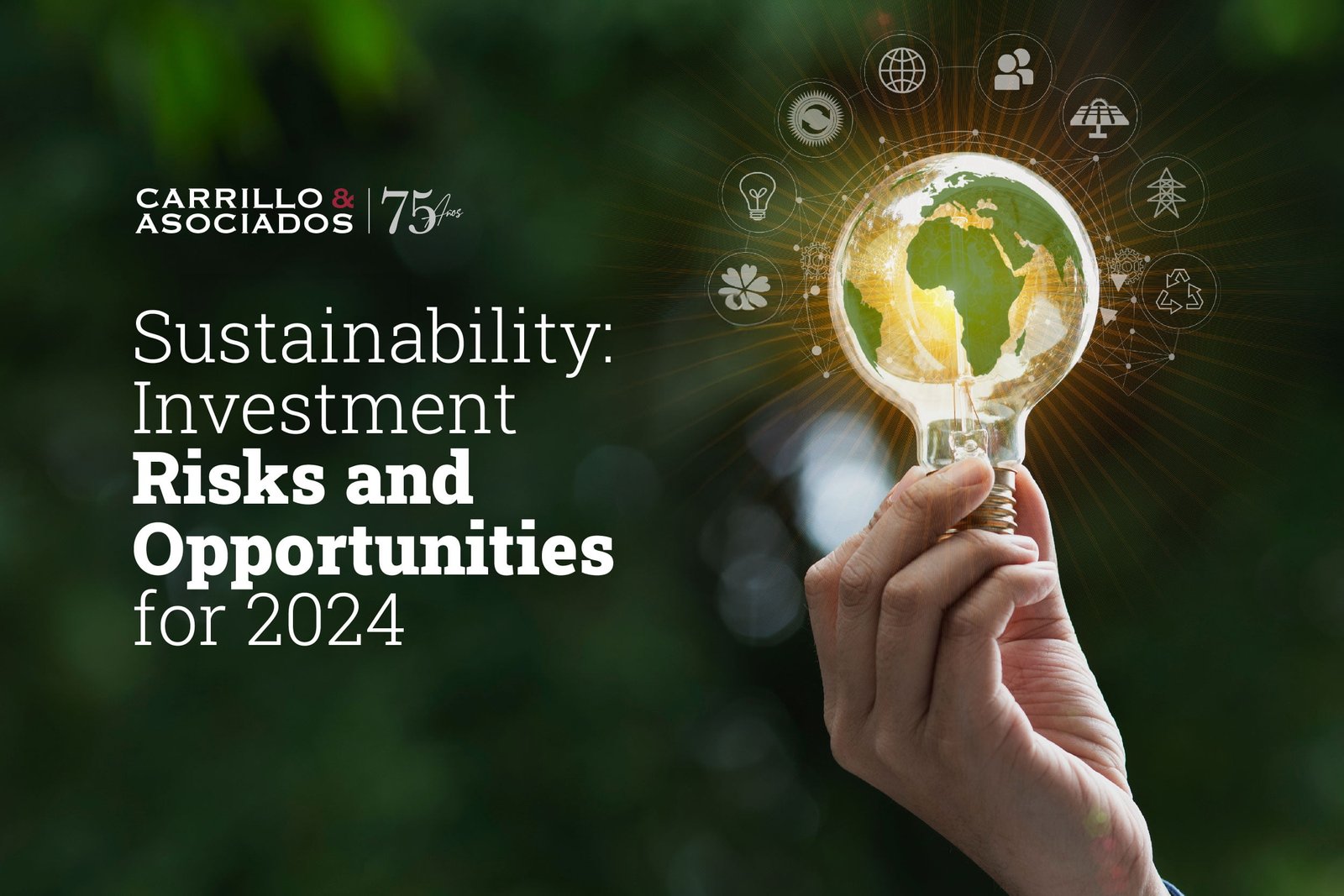
#FreshStartMonday
Welcome to #FreshStartMonday!
The long-term profitability of any company and its reputation are increasingly linked to the implementation of sustainable measures, such as environmental conservation and combating climate change. Sustainable policies are an investment that does not necessarily have to be costly. Some consist of optimizing the use of resources such as water, paper and energy, or reducing the costs associated with product packaging and shipping.
Companies are eligible for environmental certifications that allow them to build a good reputation with customers, shareholders, employees, suppliers, business partners and any other stakeholder linked to the organization. At the same time, new regulations, international agreements, industries, and consumption patterns have emerged. And Guatemala is not lagging in these trends.
Currently there are a series of investment opportunities in green projects in the country. We anticipate that starting in 2024 these will increase because a new President will be sworn in. He comes from the Movimiento Semilla party, which has a strong ecological orientation and set policies.
In their website, the Semilla party proposes an environmental policy based on the following principles: "precaution, prevention, correction of pollution at its source, and ‘the polluter pays and restores".
In their government plan they claim that they will invest Q7 billion (USD$895 million) in different environmental programs. These include the generation of renewable energies, the attraction of local and international capital to invest in carbon credits,an initiative for the restoration and conservation of private forests through the Probosque program, among others.
In addition, they aspire to formalize community consultation processes for energy and extractive projects. Consultations represent short-term costs, but can mitigate –or make more manageable– the costs associated with long-term conflict and give way to business operation. This is particularly relevant for agroindustry, future energy projects and the reactivation of the mining sector.
Just as sustainability represents sources of opportunity, it also has its risks and costs. We anticipate that the next government will seek to strengthen the Ministry of Environment and Natural Resources (MARN) and this will translate into a greater state effort to enforce the current regulatory framework.
In the past, MARN has had some challenges in implementing new policies, for example, in 2021 it approved a regulation for garbage classification and disposal that was intended to come into effect in August 2023. However, it failed to implement the infrastructure to carry it out or launch the information campaign on time, therefore it was forced to postpone its implementation until February 2025.
This is a good time to identify other types of risks. To begin with, it is necessary to assess whether your company is complying with the current regulatory framework. Currently, there are several regulations and obligations that can represent costs and penalties for your business if they are not met. For example:

If you are interested in assessing what risks you may be exposed to today or exploring possible investments in sustainable projects, such as issuing green bonds, feel free to contact us.

